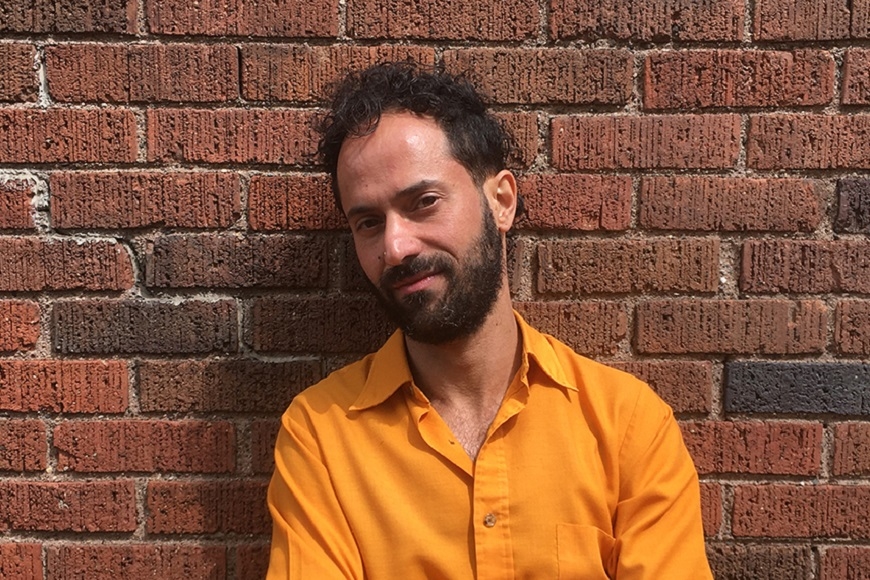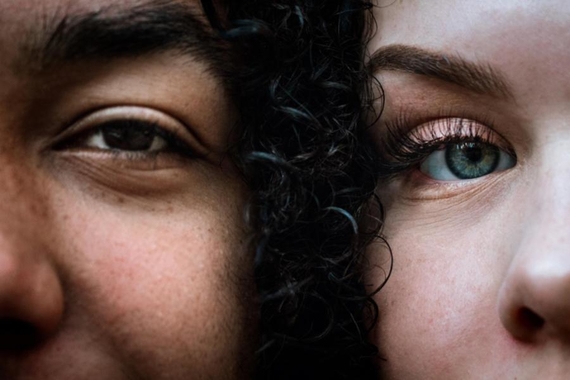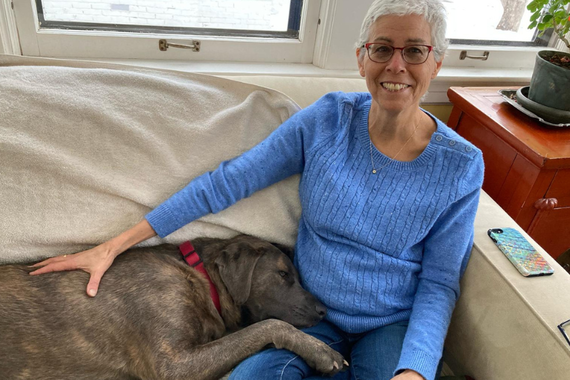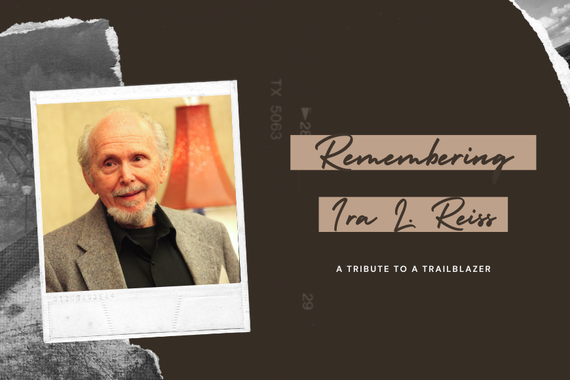A Closer Look at How the US Enforces Drinking Laws
There is one law in the US that everyone knows yet many of us have violated: the National Minimum Drinking Age Act. Everyone knows you must be 21 years old before you are legally allowed to purchase and consume alcohol. Yet in 2018, 7.1 million young people between ages 12–20 reported that they drank alcohol beyond “just a few sips” in the past month.
If so many young people break the law, is the problem with the law or is the problem with enforcing it?
More Than a Law
Graduate student Erez Garnai’s interest in underage drinking practices and the bureaucracy underlying the enforcement of laws goes back to his childhood in Israel. He and his father frequently went to protests on personal, low-level, bureaucratic issues, and police officers often made protestors stop their demonstrations even though the protestors’ actions were legal. These experiences made him think about what laws are, how they are put to practice, and what the legal protocol underlying law enforcement is like.
Once he moved to the US—one of a handful of countries with a legal drinking age of 21—he became fascinated with how many underage college students still consumed alcohol on a regular basis despite the legal drinking age being 21. He wondered about the impact these laws have on the behavior of students on campuses, as well as on the behavior of police officers who are responsible for enforcing laws that are collectively ignored.
He started this research project three years ago, basing it off a close analysis of police reports regarding alcohol violations on a college campus, most of which have to do with students and underage drinking.
He found that minimum drinking age laws provide police forces with the legal basis and justification to intervene in and regulate life on campus in ways that bring to mind questions regarding the role of police today. For instance, when underage students get drunk and lose the ability to care for themselves, should armed police officers be the ones tasked with taking care of them, making sure they are safe—and often even putting them to bed—in addition to handing them a citation?
Garnai adds, “My research also reveals how the police are only one part in a wide and inseparable web of institutions working together to regulate social life.” In his research, he shows how the police, campus security, dorm security, and other institutions are—in practice—an intricate web of actors in different uniforms working together to police student life. Ultimately, Garnai demonstrates how social categories, like “the police” and “the law,” are based on the meaning we give them instead of a system. He adds that the awareness of this created social value “is a necessary first step in the reimagination and redefinition of what the police are and should be.”
Influences
Garnai became interested in sociology because he saw the field as being not about studying any specific topic, but instead “[providing someone] with the tools to become a more aware and advanced thinker and citizen.” He earned a bachelor’s degree in sociology and political science at Ben-Gurion University before completing a master’s degree in sociology at Tel-Aviv University.
While earning his degrees, he discovered his passion for teaching and conducting research. He was inspired by his mother, an English literature professor, as well as some of his college professors, whose teaching methods fueled his desire to have the same impact on others.
Why Minnesota?
After deciding that he wanted to earn a PhD in sociology and teach, he felt that studying in the US would be the best option for him. He chose the University of Minnesota because it was one of the top schools in his area of interest and because it was “the very opposite of everything [he’s] ever known...in terms of the weather, the culture, and the people.” He wanted to experience something new, and so far, he says that his experience at UMN has been “phenomenal.”
For the past seven years, he has been a teaching assistant and instructor for various courses. He says that “teaching has been [his] favorite thing in [his] UMN experience” because of the immediate impact that his teaching has had on his students. He wants to influence students’ lives like his professors profoundly influenced his.
In the future, Garnai hopes to work at an institution where he can enjoy a balance between research and teaching. His goal in 2020 is to finish his research on the institutional basis of law and policing and then pursue additional research projects addressing policing and the law as well as the often divisive and arbitrary nature of social categories. Above all, Garnai hopes his future will hold opportunities for him to inspire his students and have a life-changing effect on how they view the world.
This story was written by an undergraduate student in Backpack. Meet the team.



